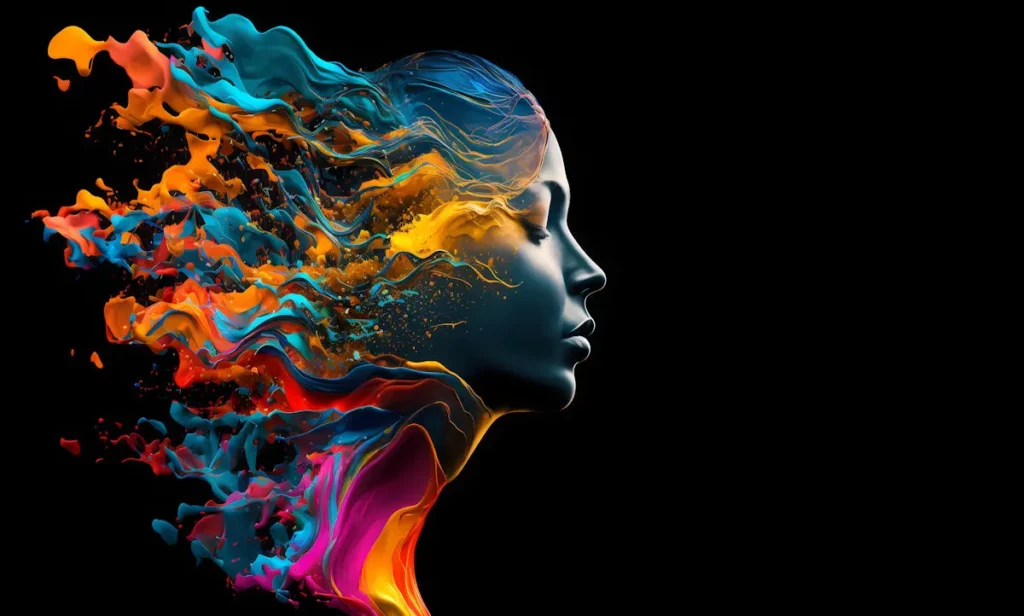
AI CERTS
3 months ago
Generative AI: A Catalyst for Creativity and Innovation
Generative AI is revolutionizing the way we create, innovate, and interact with technology. In 2025, this powerful technology has moved beyond simple automation, enabling machines to generate human-like content, from artwork and music to complex code and realistic conversations. Businesses, artists, and developers are leveraging AI-driven tools to enhance creativity, streamline workflows, and push the boundaries of innovation. However, as generative AI gains widespread adoption, questions around authenticity, ethics, and its impact on human creativity continue to emerge. This article explores how generative AI is reshaping industries and what the future holds for this groundbreaking technology.
Generative Artificial Intelligence (AI) is rapidly transforming the landscape of creativity and innovation across various industries. By leveraging advanced algorithms and machine learning techniques, generative AI systems can produce content ranging from art and music to complex designs and solutions, thereby augmenting human creativity and opening new avenues for innovation.

Source-laptrinhx.com
Enhancing Creative Processes
Generative AI serves as a collaborative tool for artists, designers, and creators, providing inspiration and assisting in the ideation process. For instance, AI models can generate multiple design prototypes, suggest novel artistic styles, or compose music pieces, enabling creators to explore a broader spectrum of possibilities. This synergy between human creativity and machine intelligence leads to the development of unique and diverse outputs.
Driving Innovation in Industries
Beyond the arts, generative AI is making significant strides in various sectors:
- Healthcare: AI algorithms assist in drug discovery by generating potential molecular structures, accelerating the development of new medications.
- Architecture: Generative design tools enable architects to explore innovative building structures and optimize designs for functionality and aesthetics.
- Automotive: In the automotive industry, AI aids in designing components that are lightweight yet durable, contributing to more efficient vehicle designs.
Challenges and Ethical Considerations
While the integration of generative AI into creative and industrial processes offers numerous benefits, it also raises important ethical questions. Concerns regarding intellectual property rights, the authenticity of AI-generated content, and the potential for job displacement in creative fields need to be addressed. Establishing guidelines and regulations to ensure responsible use of generative AI is crucial as the technology continues to evolve.
Generative AI stands as a transformative force, enhancing human creativity and driving innovation across multiple domains. By embracing this technology responsibly, society can harness its full potential to solve complex problems and create new forms of expression.
External resources-
https://honestaiengine.com/the-rise-of-generative-ai-transforming-creativity-and-innovation
https://sloanreview.mit.edu/article/how-genai-changes-creative-work